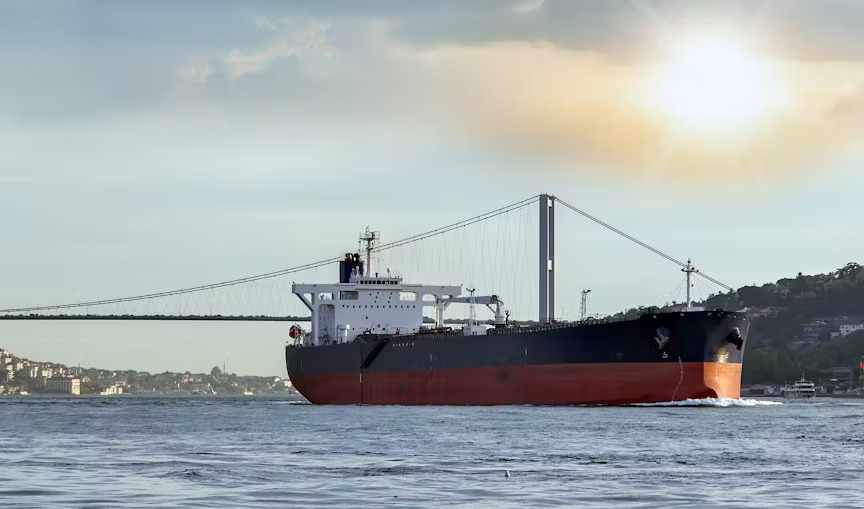Enforcing foreign maritime judgments in Turkey requires navigating a structured legal process to ensure compliance with Turkish law. Bicak Law Firm provides expert guidance to international clients seeking recognition and enforcement of foreign maritime decisions in Turkish courts. The process involves confirming reciprocity between Turkey and the issuing country, filing an exequatur lawsuit, and demonstrating compliance with Turkish public policy and due process principles. Our team assists clients with preparing necessary documentation, representing them in court proceedings, and addressing potential objections. Given Turkey’s strategic position as a key maritime hub, timely enforcement of judgments is crucial for protecting commercial interests. Bicak Law Firm’s extensive experience in maritime law ensures efficient handling of complex enforcement cases. We work closely with shipping companies, insurers, and legal professionals to safeguard our clients’ rights. Contact us for tailored legal solutions in enforcing foreign maritime judgments in Turkey.
Enforcing Foreign Maritime Judgments in Turkey
Navigating the enforcement of foreign maritime judgments in Turkey can feel like sailing through uncharted waters. For ship owners, operators, and insurers, a foreign court’s ruling holds little value if it cannot be enforced where the debtor’s assets—vessels, bank accounts, or cargo—are located. This guide demystifies the process, drawing on Turkey’s legal framework and real-world case studies to help you secure your rights efficiently.
In 2023, a German shipping company won a €9.2 million arbitration award in Hamburg against a Turkish logistics firm for breach of charterparty terms. Despite the clear ruling, the award remained unenforced for months because Turkish courts had not recognized it. This scenario is common: over 35% of foreign maritime judgments face delays or rejections in Turkey due to procedural missteps.
At Bicak Hukuk, we specialize in transforming international rulings into actionable Turkish court orders. Below, we outline the four critical steps to enforce foreign judgments, avoid pitfalls, and recover assets swiftly.
Step 1: Confirm Legal Eligibility
Not all foreign judgments qualify for enforcement in Turkey. The process hinges on two key principles under Turkish law:
- Reciprocity: Turkey must have a bilateral or multilateral agreement with the country where the judgment originated. For example, judgments from EU member states, the UK, or Singapore (all signatories to the New York Convention) are generally enforceable. However, awards from countries without reciprocity treaties—such as Saudi Arabia or Vietnam—face automatic rejection.
- Finality and Public Policy: The judgment must be final (non-appealable) in its origin country and must not violate Turkish public order. For instance, a U.S. court order penalizing a Turkish company for violating sanctions against Iran would likely be deemed contrary to Turkey’s national interests.
Step 2: Prepare a Watertight Exequatur Petition
The cornerstone of enforcement is the exequatur petition, a formal request for recognition filed in the Turkish Commercial Court where the debtor’s assets are located. To avoid delays, include:
- A certified, apostilled copy of the foreign judgment.
- An official Turkish translation by a sworn translator registered with the Turkish Ministry of Justice.
- A certificate of finality from the origin court, confirming the judgment is non-appealable.
- Asset evidence, such as vessel registration details from the Turkish Ship Registry or bank account records.
Step 3: Navigate Turkish Court Proceedings
Once filed, the court reviews the petition for compliance with reciprocity and public policy rules. Proceedings typically take 4–8 months but can extend if the debtor contests the petition.
Common Debtor Tactics:
- Claiming the judgment violates Turkish public policy (e.g., sanctions-related rulings).
- Arguing improper service of process in the original case.
- Filing frivolous appeals to delay asset recovery.
How We Counteract Delays:
- Submit expert affidavits from Turkish maritime law professors to refute public policy claims.
- Request urgent provisional measures, such as freezing the debtor’s bank accounts before they disperse funds.
Step 4: Execute the Judgment
After court approval, the foreign judgment gains the same force as a Turkish ruling. Enforcement options include:
- Vessel Arrest: Under Article 1352 of the Turkish Commercial Code, creditors can detain ships in Turkish ports until the debt is paid.
- Bank Account Freezes: Court-appointed bailiffs (icra müdürlüğü) can seize funds in Turkish bank accounts.
- Cargo Seizure: If the debtor’s cargo is stored in Turkish warehouses, it can be auctioned to recover debts.
 English
English Türkçe
Türkçe Français
Français Deutsch
Deutsch


Comments
No comments yet.